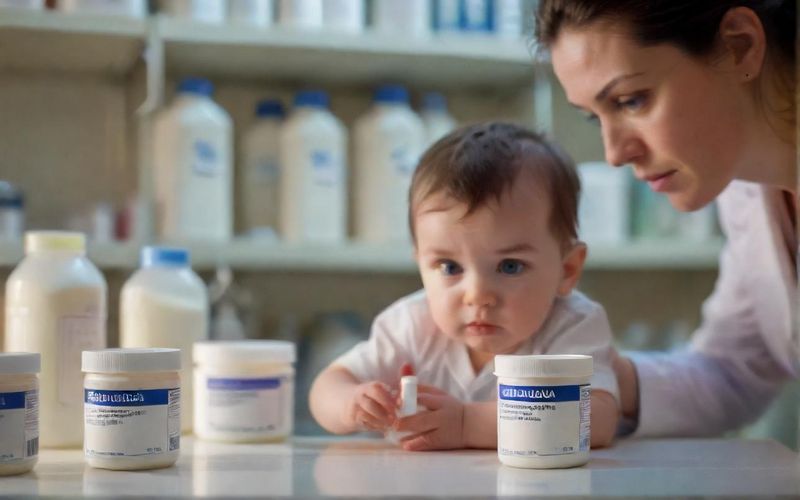Infant Botulism Scare Linked to Formula Recall

What’s particularly striking is the timeline and the apparent disconnect that often exists in these investigations. ByHeart, in a statement, noted that government tests and their own had yet to find botulism in the recalled product, even as the FDA tracked reports of infant botulism across the nation. This isn't to cast doubt on the thoroughness of the agencies involved, but it highlights the complex and sometimes agonizing process of identifying the precise point of contamination. Infant botulism, as health officials explain, occurs when spores of Clostridium botulinum bacteria infect a baby's large intestine and produce a toxin. The symptoms—often starting subtly with constipation and progressing to feeding difficulties, a weak cry, and loss of muscle tone—can be insidious, taking weeks to fully manifest. This means vigilant observation is crucial, even after a recall is in place.
This situation also brings to the forefront the delicate balance between proactive measures and definitive proof. ByHeart’s decision to voluntarily recall the two specific lots of formula, despite the ongoing investigation and the lack of a confirmed direct link in their own testing, speaks to a company’s commitment to consumer safety. They are taking a “proactive step to remove any potential risk from the market,” as their statement indicates. This is a responsible action, especially given the rarity and severity of infant botulism. It’s important to remember that this specific product represents a small fraction of the overall infant formula market, which should alleviate broader shortage concerns that have plagued parents in the past.
However, the fact that the FDA and state health officials are still working to “determine the point of contamination and if any additional products are impacted” underscores the challenges inherent in food safety investigations. The formula is made with organic, grass-fed whole milk, aiming to mimic breast milk’s composition. The facilities are located across several states, and the product is distributed widely. Pinpointing the exact origin of the *Clostridium botulinum* spores, whether in the raw ingredients, the manufacturing process, or even packaging, is a meticulous undertaking. The CDC's advice to thoroughly clean any surfaces that came into contact with the recalled formula is a practical measure for parents, a tangible step in mitigating any lingering risk.
Ultimately, this incident serves as a critical reminder to all of us about the unseen diligence required to ensure the safety of the food we consume, especially for our most vulnerable populations. While the investigation continues, and the science attempts to bridge the gap between suspicion and certainty, the human impact is immediate and profound. For parents, the anxiety is palpable. It’s a gut-wrenching feeling to question the safety of something so fundamental. As we await further findings from the ongoing tests, one can’t help but wonder about the broader implications for infant formula production and regulation. What lessons can be learned to further fortify our food supply chain and provide even greater peace of mind to parents navigating the beautiful, yet often nerve-wracking, journey of raising a child?








